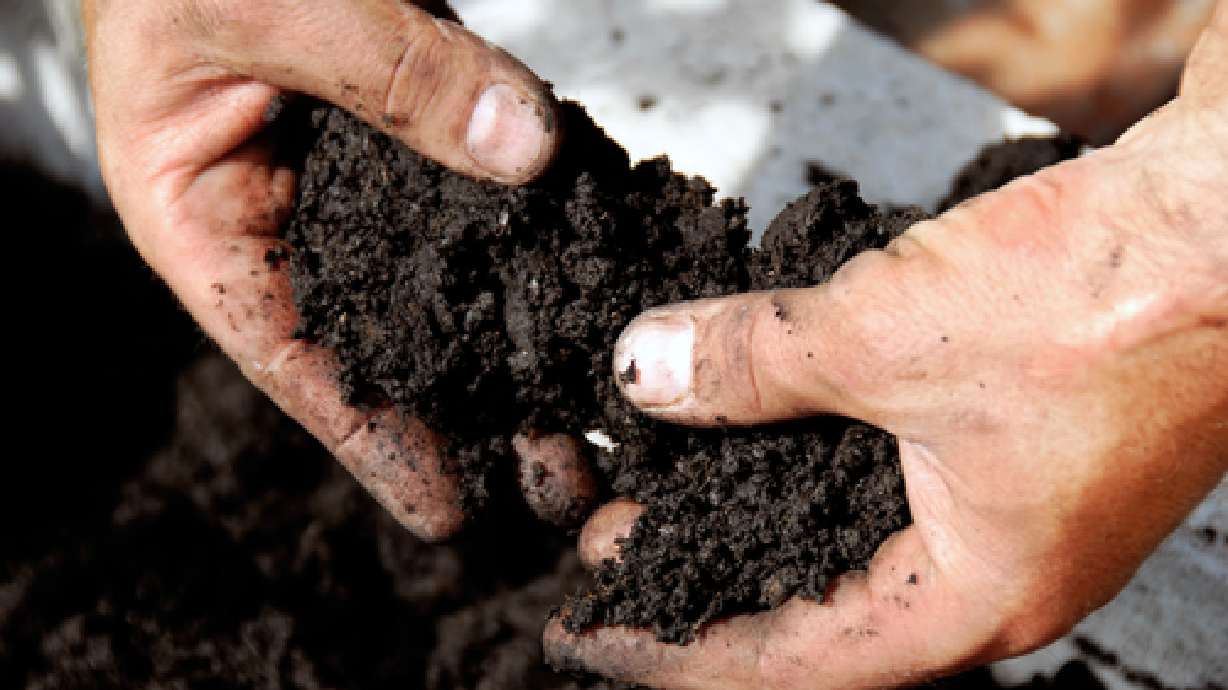Estimated read time: 2-3 minutes
This archived news story is available only for your personal, non-commercial use. Information in the story may be outdated or superseded by additional information. Reading or replaying the story in its archived form does not constitute a republication of the story.
"Go eat dirt."
What was once a popular "playground" insult could now actually be a great health tip, according to a new study published in the June issue of The Quarterly Review of Biology.
Researchers found that munching on nature's good stuff may in fact protect your body against germs, parasites and other toxins -- no matter how disgusting a meal it may be.
Typically, geophagy -- the fancy term for eating dirt -- is most often seen in pregnant women and children. And though it may seem to be an extremely bizarre behavior, cases of geophagy have been reported on every inhabited continent and in nearly every country in the world, according to lead study author Sera Young, a researcher at Cornell University.
But what makes dirt so appealing to some? And why in the world would anyone want to eat it?
To find an answer, researchers poured over nearly 500 cultural "dirt-eating" reports compiled by missionaries, plantation doctors, explorers and anthropologists. The reports included details about who ate dirt and under what circumstances.
Young and her team came to two main conclusions about the two existing theories surrounding the cause of geophagy -- hunger and nutrient deficiency.
One, people probably don't eat dirt just because they are hungry, because geophagy is common even when there is plenty of food around and those who eat the earth often consume it in tiny portions that have no impact on an empty stomach.
And two, geophagy isn't about consuming nutrients that may be lacking in a person's diet. The data showed the type of clay most often eaten contains very low amounts of iron, zinc and calcium and can actually prevent the body from properly absorbing nutrients.
So why then do people eat dirt? Researchers determined it's all about protection.
Dirt can act as a strong weapon against parasites and pathogens. Remember how geophagy is most common in pregnant women and pre-adolescents? Those groups just happen to be more vulnerable to parasites and germs.
In addition, the study reports that dirt-eating is most common in tropical areas where food-borne pathogens are most common. In those climates, people often eat dirt to soothe a sore stomach.
The team hopes the results of the study will debunk ideas and misconceptions about dirt eating, as well as prompt further research into geophagy, calling it a "widespread behavior in humans that occurs during both vulnerable life stages and when facing ecological conditions that require protection."
So maybe eating dirt isn't so strange after all, especially for those who are just looking for some relief from a tummy ache.
Email:jrogers@ksl.com








